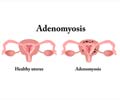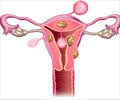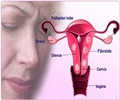Frequently Asked Questions
1. Which doctor should I consult for myomectomy?General Physician or Gynecologist must be first consulted for female health related problems. Depending on the symptoms, the medical specialist or surgeon should be consulted for the treatment options.
2. Can fibroids grow back after myomectomy?
Yes, fibroids can grow back after myomectomy and repeat surgery may be required.
3. Is myomectomy a major surgery?
Open myomectomy or abdominal myomectomy is a major surgical procedure.











